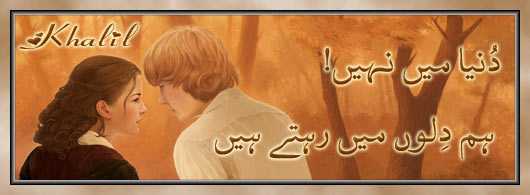IN THIS TOPIc i ll tell u all my friends about
Hindu God and Goddess
Hindus view cosmic activity of the Supreme Being as comprised of three tasks: creation, preservation, and dissolution and recreation. Hindus associate these three cosmic tasks with the three deities, Brahma, Vishnu and Shiva. Lord Brahma brings forth the creation and represents the creative principle of the Supreme Being. Lord Vishnu maintains the universe and represents the eternal principle of preservation. Lord Shiva represents the principle of dissolution and recreation. These three deities together form the Hindu Trinity.
Hindu religion is often labeled as a religion of 330 million gods. According to the Hindu scriptures, living beings are not apart from God, since He lives in each and every one of them in the form of atman (BG 10.39). The number 330 million was simply used to give a symbolic expression to the fundamental Hindu doctrine that God lives in the hearts of all living beings.
Hinduism is supposed to be 'apauruseya', i.e., of impersonal origin & so also are the Gods of Hinduism. They are eternal & though the deities appear to be different & independent, they are really facets of the same Brahman, the Supreme God.
As Sri Ramakrishna says, there can be as many spiritual paths as there are spiritual aspirants & similarly there can really be as many Gods as there are devotees to suit the moods, feelings, emotions & social background of the devotees. The Hindu scriptures were eloquent while describing the qualities of God. He is all-knowing & all powerful. He is the very personification of justice, love & beauty. He is ever ready to shower His grace, mercy & blessings on His creation.
From the Rig Veda, we come to know of the vedic gods eight Vasus, eleven Rudras, twelve Adityas, Indra & Prajapathi, being the Gods of earth, the heavens & the space. The main Hindu Gods as we accept today can be broadly classified as Saiva Gods (Siva, His consort, His sons, His other forms), Vaishnava Gods (Vishnu, His consort, His various avatharams)& Sakthi or Saktha (Forms of Goddess Sakthi).
Hindu God and Goddess
Hindus view cosmic activity of the Supreme Being as comprised of three tasks: creation, preservation, and dissolution and recreation. Hindus associate these three cosmic tasks with the three deities, Brahma, Vishnu and Shiva. Lord Brahma brings forth the creation and represents the creative principle of the Supreme Being. Lord Vishnu maintains the universe and represents the eternal principle of preservation. Lord Shiva represents the principle of dissolution and recreation. These three deities together form the Hindu Trinity.
Hindu religion is often labeled as a religion of 330 million gods. According to the Hindu scriptures, living beings are not apart from God, since He lives in each and every one of them in the form of atman (BG 10.39). The number 330 million was simply used to give a symbolic expression to the fundamental Hindu doctrine that God lives in the hearts of all living beings.
Hinduism is supposed to be 'apauruseya', i.e., of impersonal origin & so also are the Gods of Hinduism. They are eternal & though the deities appear to be different & independent, they are really facets of the same Brahman, the Supreme God.
As Sri Ramakrishna says, there can be as many spiritual paths as there are spiritual aspirants & similarly there can really be as many Gods as there are devotees to suit the moods, feelings, emotions & social background of the devotees. The Hindu scriptures were eloquent while describing the qualities of God. He is all-knowing & all powerful. He is the very personification of justice, love & beauty. He is ever ready to shower His grace, mercy & blessings on His creation.
From the Rig Veda, we come to know of the vedic gods eight Vasus, eleven Rudras, twelve Adityas, Indra & Prajapathi, being the Gods of earth, the heavens & the space. The main Hindu Gods as we accept today can be broadly classified as Saiva Gods (Siva, His consort, His sons, His other forms), Vaishnava Gods (Vishnu, His consort, His various avatharams)& Sakthi or Saktha (Forms of Goddess Sakthi).


Comment